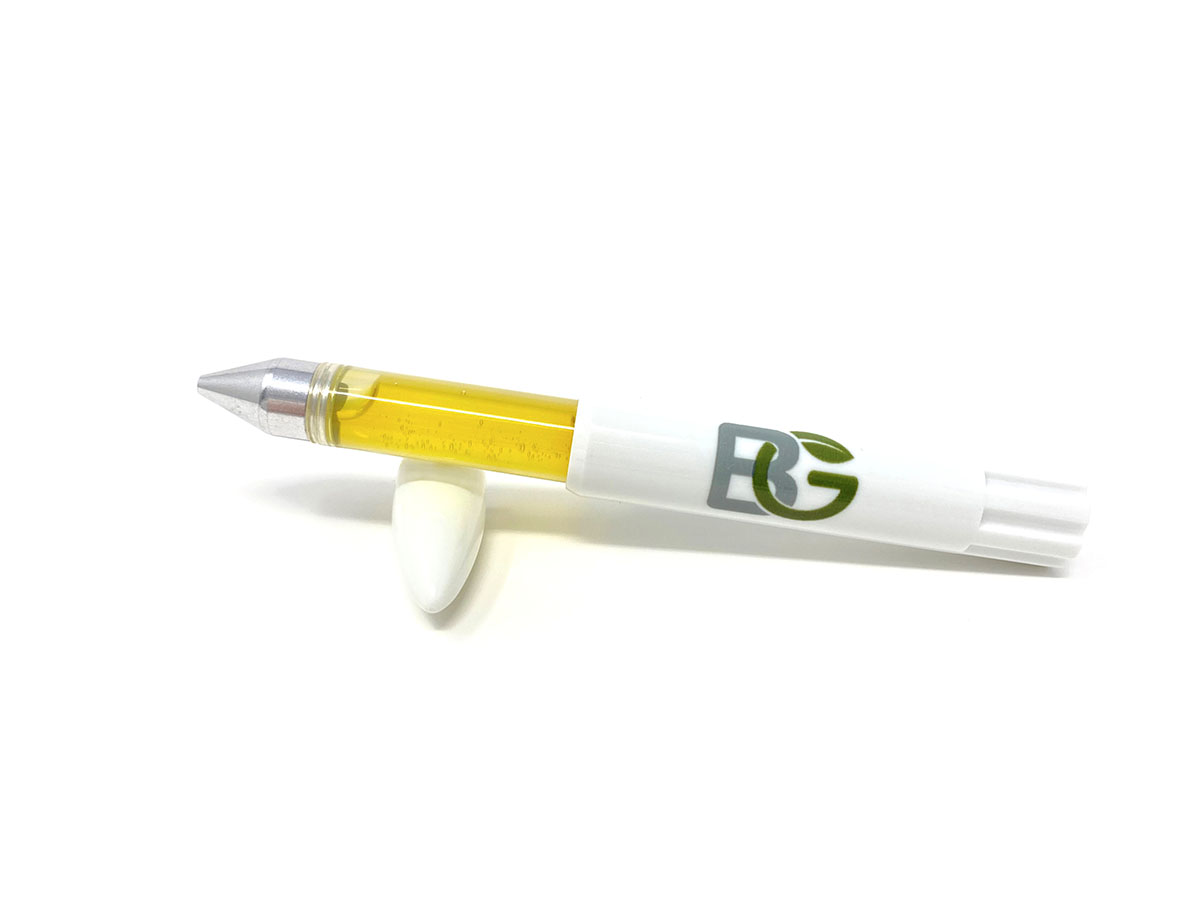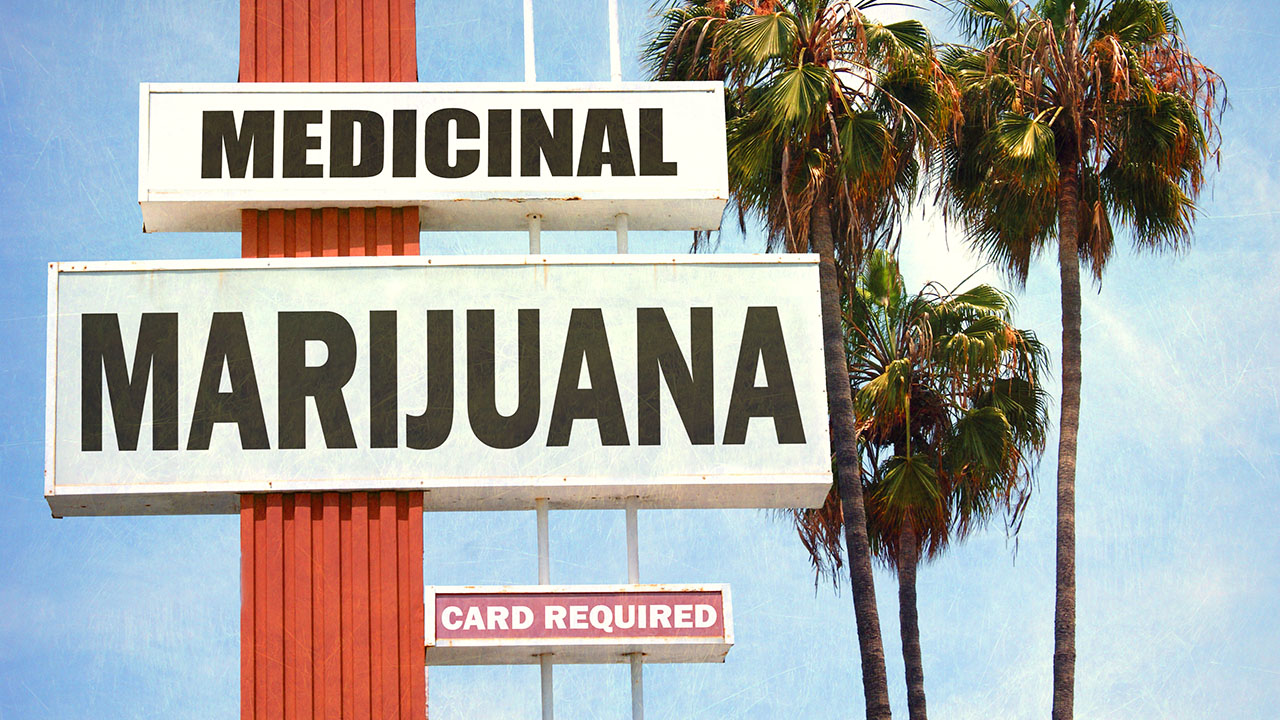
What is Medical Marijuana & How Can You Purchase It?
October 22, 2024
When you buy medical marijuana, it’s important to understand the laws in your state, how to get a medical marijuana card, and where to find a certified medical marijuana dispensary. Whether you’re in Colorado, Michigan, or any other state with a medical cannabis program, knowing your area’s specific requirements, legal limits, and approved conditions ensures that you stay compliant and can access the products that best meet your needs.
In this article, we’ll explore medical marijuana and guide you through the process of purchasing medical cannabis to make your experience as smooth and stress-free as possible.
What Is Medical Marijuana?
Medical marijuana or medical cannabis refers to the use of compounds derived from the cannabis plant, such as THC and CBD, to treat symptoms or conditions like chronic pain, nausea, and muscle spasms.1 Many patients use medical cannabis to potentially help manage symptoms of conditions such as Crohn’s disease, HIV/AIDS, irritable bowel syndrome (IBS), Parkinson’s disease, multiple sclerosis,2 post-traumatic stress disorder (PTSD), wasting syndrome,3 as well as side effects from chemotherapy and other cancer treatments.4 Because of the therapeutic potential of medical marijuana, it's been legalized in many states for medicinal use, offering a natural alternative for those seeking relief from debilitating symptoms.
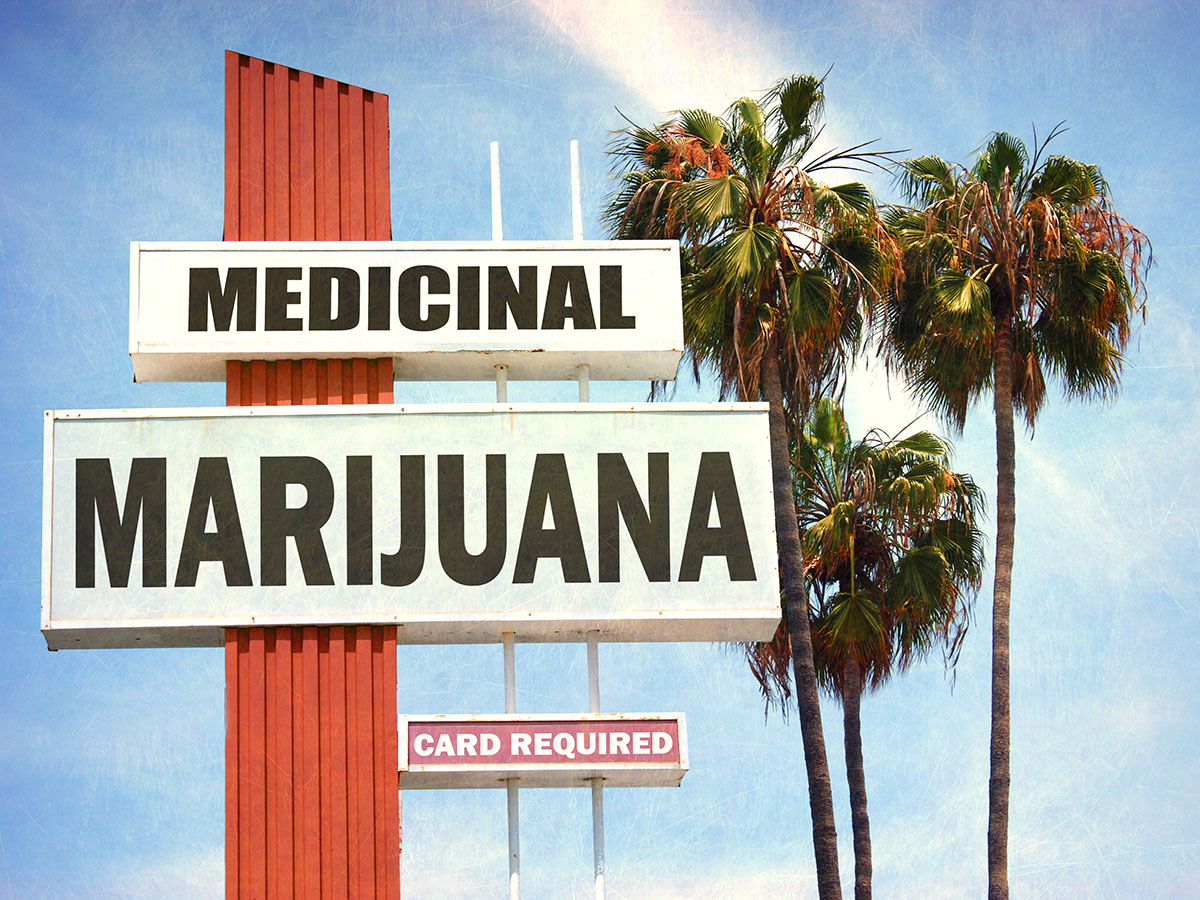
What Is a Medical Marijuana Card?
A medical marijuana card is a state-issued ID that allows qualified patients to legally purchase medical cannabis. Each state with a medical cannabis program has its own process for obtaining a card.5 Generally, it requires a physician’s certification and registration with the state in which you reside. For example, if you need to get a card in Colorado, you’ll need to follow the specific application process outlined by the state, including providing proof of residency and a doctor’s recommendation.
Be sure to check your local laws and requirements, as they vary significantly across the country.6
What Conditions Qualify for Medical Marijuana?
The conditions that qualify you for medical marijuana depend on your state’s specific regulations. Some of the most commonly approved conditions for medical cannabis consumption:
- Chronic pain
- Cancer
- HIV/AIDS
- Severe nausea
- Muscle spasms
- Glaucoma
- Multiple sclerosis
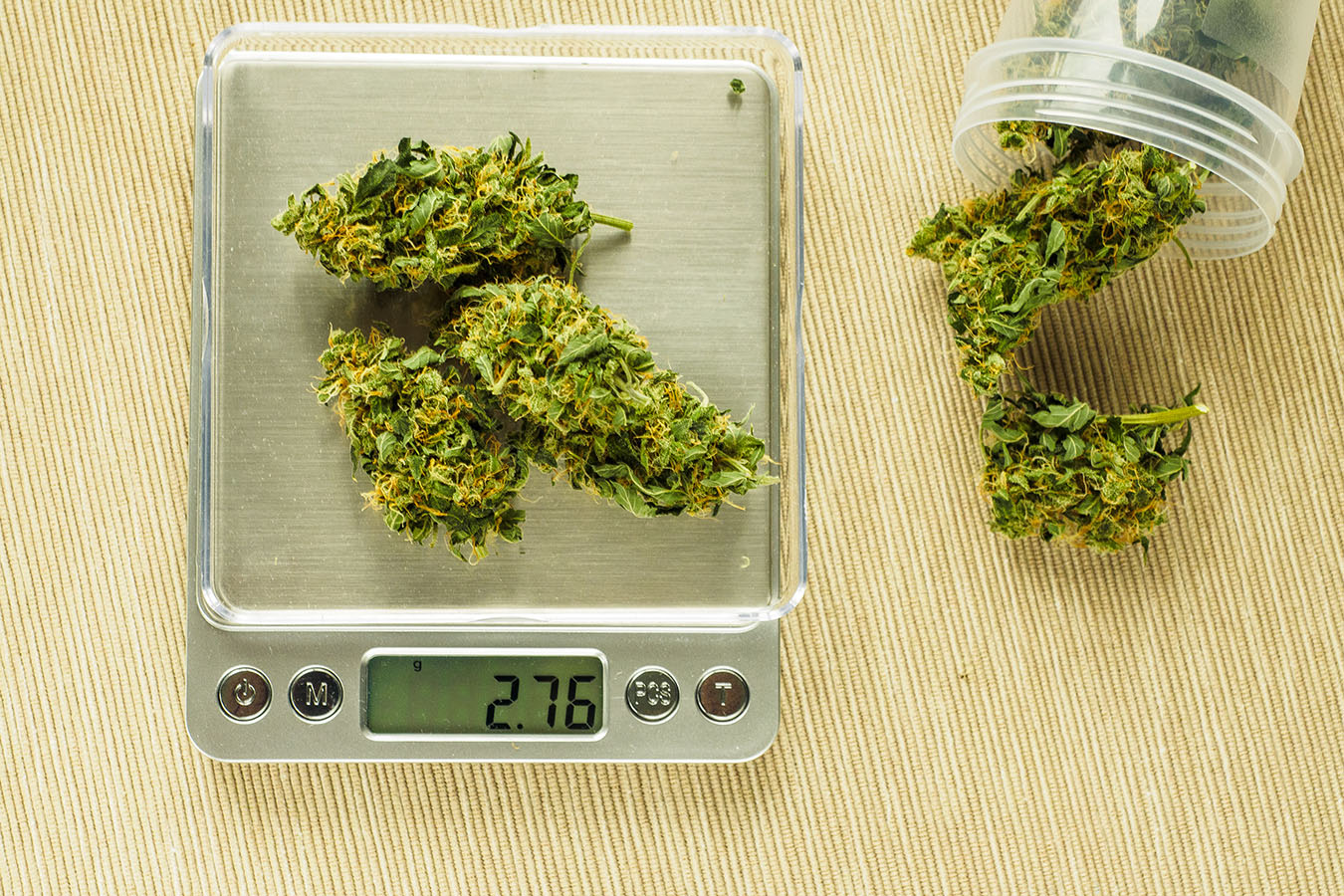
To access medical marijuana, patients typically need certification from their physician, confirming that they have a qualifying condition. This certification is an essential part of the process and helps ensure that only those with approved medical needs can access medical cannabis. It’s also important to keep your certification updated, as many states require annual renewals to continue using medical marijuana.
Is Medical Marijuana Different From Recreational Marijuana?
The difference between medical and recreational marijuana largely depends on state regulations. While the products themselves are often similar, medical marijuana typically comes with some advantages for patients.7 These benefits include:
Higher Purchase Limits
Patients with a medical marijuana card may be allowed to buy more product per visit. Depending on the state, your certifying physician might determine how much cannabis you can purchase, ensuring you have enough to manage your symptoms.
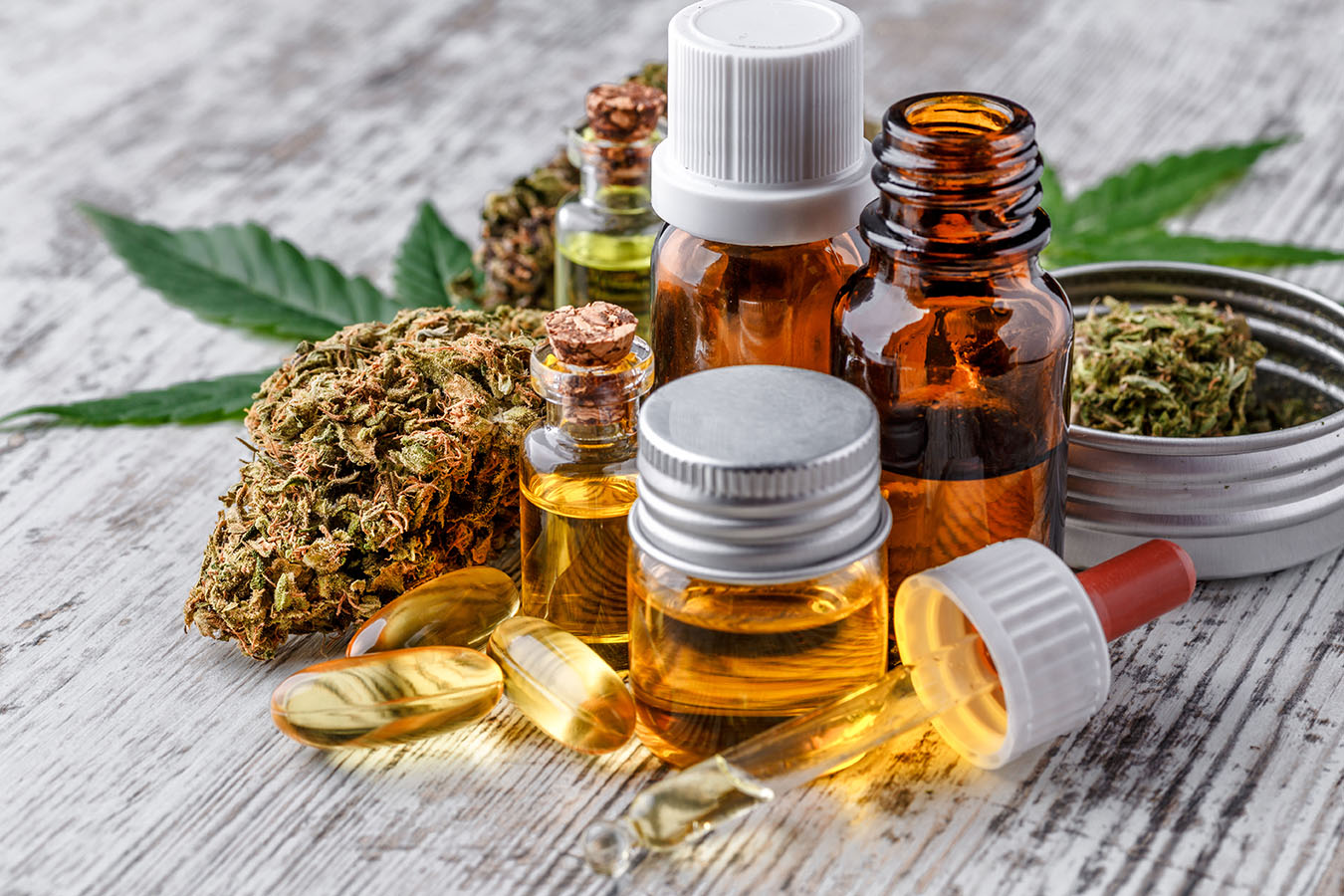
Lower Taxes
In many states, medical marijuana is taxed at a lower rate than recreational cannabis, making it more affordable for those using it for therapeutic purposes.8 Lower taxes can significantly reduce the cost of long-term treatment for patients who rely on medical marijuana for chronic conditions.
Medical-Only Dispensaries
Some states have dispensaries that serve only medical patients. They may offer longer hours and access to in-house experts like pharmacists. For example, in New York, medical cannabis dispensaries have pharmacists on staff. For patients seeking medical cannabis in Michigan, you can find both recreational dispensaries and medical provisioning centers throughout the state.
FAQs About Medical Marijuana
Looking to start your journey with medical marijuana? Or do you have questions about obtaining a medical marijuana card? We’ve put together some answers to common questions to help you get started. And if you need more personalized advice, your friendly budtender at LivWell is always ready to assist.
Can I use my medical cannabis card in another state?
Some states have medical cannabis reciprocity, allowing patients to use their medical marijuana cards outside their home state. For instance, Michigan accepts out-of-state medical cards in their medical provisioning centers, while California and Colorado don’t. Some states even offer short-term medical marijuana cards for visitors.9
Can my doctor prescribe medical marijuana?
Doctors cannot directly prescribe medical marijuana. However, they can certify that you have a qualifying condition, allowing you to apply for a medical marijuana card. Always check your state's regulations, as requirements vary.
Can anyone get a medical marijuana card?
Not just anyone can get a medical marijuana card. You must meet your state’s requirements, including having a qualifying medical condition. Always review your state’s criteria for medical cannabis before talking to your medical health professional and applying for a medical marijuana card.
Purchasing Medical Marijuana
Once you have your medical marijuana card, the next step is finding a medical marijuana dispensary near you. Whether you need to find a dispensary in Michigan, New York, or another state, choosing a licensed and certified marijuana store ensures access to quality products and knowledgeable staff. And remember to chat with your favorite LivWell budtender if you have any medical marijuana questions.
Sources:
1. “Medical Marijuana,” Harvard Health Publishing, April 10, 2020, https://www.health.harvard.edu/blog/medical-marijuana-2018011513085
2. “What Medical Marijuana Works For,” AARP, September 3, 2019, https://www.aarp.org/health/drugs-supplements/info-2019/cannabis-for-medical-conditions.html
3. “Medical Marijuana: Benefits and Side Effects,” WebMD, January 9, 2024, https://www.webmd.com/a-to-z-guides/medical-marijuana-faq
4. “Marijuana and Cancer,” American Cancer Society, https://www.cancer.org/cancer/managing-cancer/treatment-types/complementary-and-integrative-medicine/marijuana-and-cancer.html
5. “State Medical Cannabis Laws,” NCSL, July 12, 2024, https://www.ncsl.org/health/state-medical-cannabis-laws
6. “Medical marijuana,” MedlinePlus, https://medlineplus.gov/ency/patientinstructions/000899.htm
7. “What’s the Difference Between Medical Marijuana and Recreational Weed?” GoodRx, February 13, 2024, https://www.goodrx.com/classes/cannabinoids/medicinal-vs-recreational-weed-marijuana
8. “Cannabis Taxation: Lessons Learned from U.S. States and a Blueprint for Nationwide Cannabis Tax Policy,” Tax Foundation, December 14, 2023, https://taxfoundation.org/research/all/state/cannabis-tax-revenue-reform
9. “Reciprocity,” Weedmaps, https://weedmaps.com/learn/dictionary/reciprocity
Please consume responsibly. This product may cause impairment and may be habit forming. There may be health risks associated with consumption of this product. State laws impact what dispensaries can and can’t sell to recreational customers and medical marijuana patients. Not every type of product, consumption method, dosage form, or potency mentioned on this blog will be permitted in all locations. This content is not intended as medical advice. The information provided is meant to encourage cannabis education, not replace direct patient-healthcare professional relationships. Always consult your primary care physician or other healthcare provider prior to using cannabis products for treatment of a medical condition. Any statements contained herein have not been evaluated by the Food and Drug Administration. Products referenced are not intended to diagnose, treat, cure, or prevent any disease. Products are only available where consumption of cannabis is legal.
